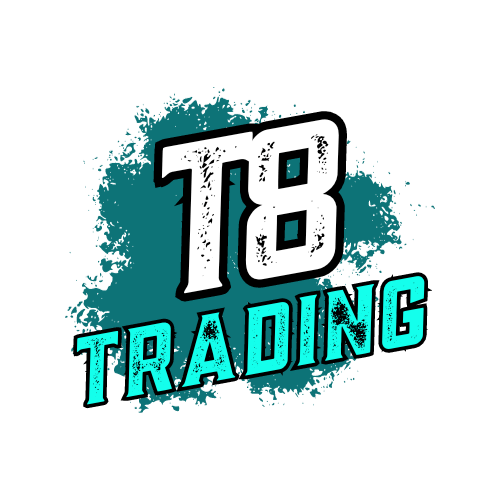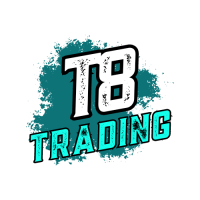Brokers
What Are Brokers?
Brokers are firms that provide traders with access to the forex and other markets. They act as intermediaries between traders and the market by executing trades on behalf of their clients.
Account Types
Demo Accounts
Demo account is a simulated trading account offered by brokers for traders to practice trading without risking real money. It allows traders to test different trading strategies, explore market conditions and familiarize themselves with trading tools and indicators. Demo accounts are free, easy to open online, and offer virtual funds for trading. However, they do not replicate the emotional and psychological aspects of trading with real money.
Live Accounts
Live accounts are real trading accounts where traders use actual money to trade. Live accounts offer various trading options and features, but carry the risk of real losses. Traders should have a solid trading strategy and risk management plan to trade successfully.
Platforms
MT4
MT4 is one of the most popular and widely used trading platforms in the forex industry. It offers advanced charting tools, technical indicators, automated trading through Expert Advisors (EAs), and a user-friendly interface.
MT5
MT5 is an upgraded version of MT4 and includes additional features such as more timeframes, more technical indicators, an economic calendar, and support for trading a broader range of financial instruments beyond forex.
cTrader
cTrader is known for its intuitive and user-friendly interface. It provides advanced charting, algorithmic trading options, and a wide range of customization features for traders.
Webtrader
Many brokers offer web-based platforms that can be accessed directly through a web browser. These platforms don’t require any downloads and can be used on various devices. They are convenient for traders who want to trade from different locations.
Mobile App
Forex brokers typically provide mobile trading apps for smartphones and tablets. These apps allow traders to monitor the markets, execute trades, and manage their accounts while on the go.
Leverage & Margin
Leverage
It’s like borrowing money from your broker to trade larger positions than your own capital allows. It amplifies both profits and losses.
Margin
It’s the amount you need to have in your account as collateral to open and maintain leveraged trades. It’s usually a percentage of the total trade size.
In short, leverage gives you the power to control bigger trades, and margin ensures you can cover potential losses. Use them wisely, as they can magnify risks in forex trading.
Comissions & Spreads
Comissions
These are direct fees brokers charge for executing your trades.
Spreads
These are the differences between buying and selling prices for currency pairs, and they represent how brokers make money in non-commission-based trading.
Find Right Broker for Your Needs
Here’s a short guide on how to find the right forex broker for your needs:
Define Your Needs and Goals:
- Determine your trading goals, whether it’s short-term trading, long-term investing, or something in between.
- Decide on the amount of capital you plan to invest.
- Consider your trading style (e.g., scalping, day trading, swing trading) and the instruments you want to trade (e.g., major currency pairs, commodities, cryptocurrencies).
Regulation and Security:
- Ensure the broker is regulated by a reputable financial authority in your country or region.
- Look for brokers with a solid track record of security and a transparent operating history.
Trading Platforms:
- Test the platform’s features, ease of use, and available tools through a demo account.
Spreads and Fees:
- Compare spreads and consider the type of fee structure (commission-based or spread-only) that aligns with your trading strategy.
Leverage and Margin:
- Understand the broker’s leverage offerings and margin requirements to ensure they suit your risk tolerance.
Customer Support:
- Evaluate the broker’s customer support options, including availability, responsiveness, and language support.
Trading Assets:
- Check if the broker offers the currency pairs and other financial instruments you want to trade.
Deposit and Withdrawal Options:
- Ensure the broker offers convenient and secure funding and withdrawal methods that align with your preferences.
Choose the best broker for your needs. You can, however, click either button below to open an account with our recommended broker Vantage. First try the trading conditions on a demo account if you are not ready to directly open a live account.


